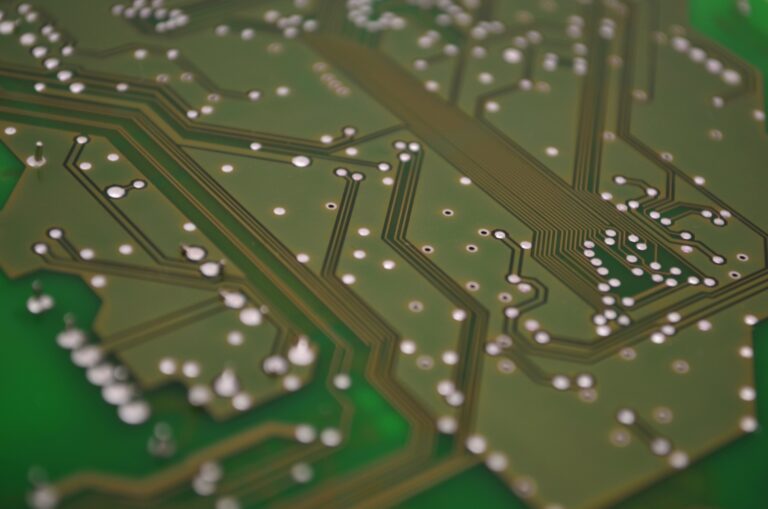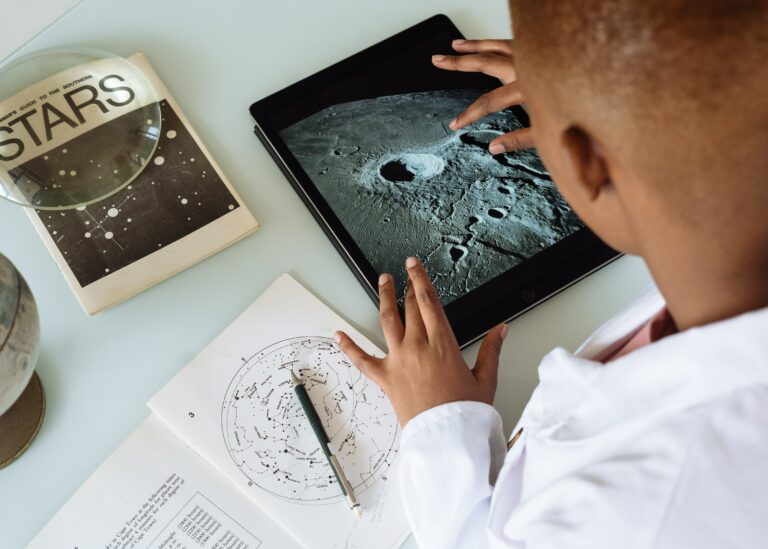Technology and science are two fields that have always had a strong relationship. Science has long been a driving force behind technological advancements, with new discoveries leading to innovative technologies that change the way we live and work. Conversely, technology has also enabled scientists to make new discoveries and push the boundaries of what we know about the natural world. Today, the intersection of technology and science is more important than ever, as we face global challenges that require innovative solutions. In this article, we will explore how innovation at the intersection of technology and science is changing the landscape in a variety of fields.
The Impact of Artificial Intelligence
Artificial intelligence (AI) is one of the most significant technological advancements of our time, and it is having a profound impact on the field of science. AI is being used to analyze large amounts of data and identify patterns that would be impossible for humans to detect. This has led to breakthroughs in fields such as genomics, where AI is being used to analyze large datasets of genetic information to identify potential treatments for diseases. AI is also being used in drug discovery, where it can help researchers identify potential drugs more quickly and accurately than traditional methods.
In addition to its impact on the field of science, AI is also changing the way we live and work. AI-powered chatbots are being used to improve customer service, while autonomous vehicles are poised to revolutionize the transportation industry. As AI continues to advance, it will have an even greater impact on the world around us.
The Role of Big Data
Big data refers to the massive amounts of data that are generated by our increasingly digital world. This data is being collected and analyzed to gain insights into everything from consumer behavior to weather patterns. In the field of science, big data is being used to identify trends and patterns that were previously invisible. For example, big data is being used to track the spread of diseases in real time, allowing public health officials to respond more quickly to outbreaks.
In addition to its impact on science, big data is also changing the way we do business. Companies are using big data to make more informed decisions, improve customer service, and increase efficiency. As our ability to collect and analyze data continues to improve, big data will become an even more powerful tool for innovation.
The Rise of Biotechnology
Biotechnology is the field of science that involves using living organisms to develop new technologies and products. In recent years, biotechnology has seen explosive growth, driven in part by advancements in areas such as gene editing and synthetic biology. These technologies have the potential to transform industries such as agriculture, medicine, and energy.
In agriculture, gene editing technologies such as CRISPR are being used to create crops that are more resistant to pests and diseases. In medicine, gene therapies are being developed to treat diseases that were previously thought to be incurable. And in energy, synthetic biology is being used to create new biofuels that could replace fossil fuels.
Conclusion
The intersection of technology and science is a fertile ground for innovation, with new discoveries and advancements being made every day. From AI to big data to biotechnology, these fields are transforming the way we live and work. As we continue to face global challenges such as climate change and pandemics, the intersection of technology and science will become even more important, providing us with the tools we need to address these challenges and create a better future.
Explore the world of technology by visiting https://yumans.net/category/technologies/
Learn more about the world of science by reading https://mubblen.com/category/science-space-exploration/





